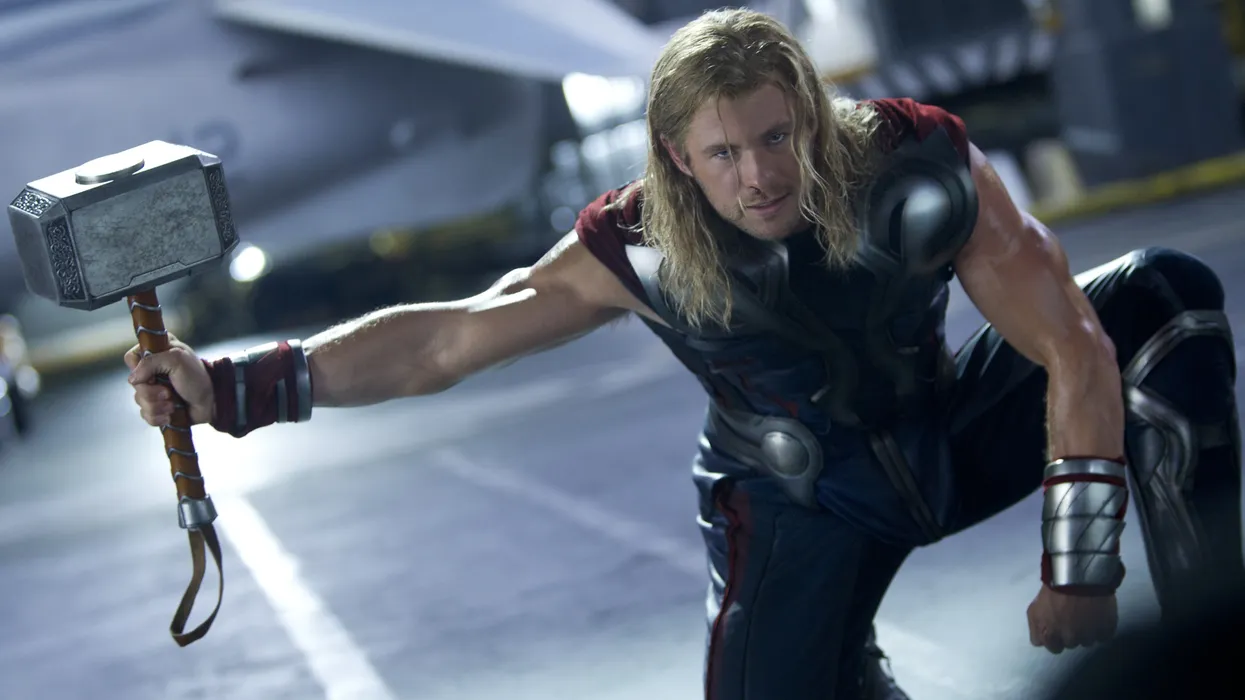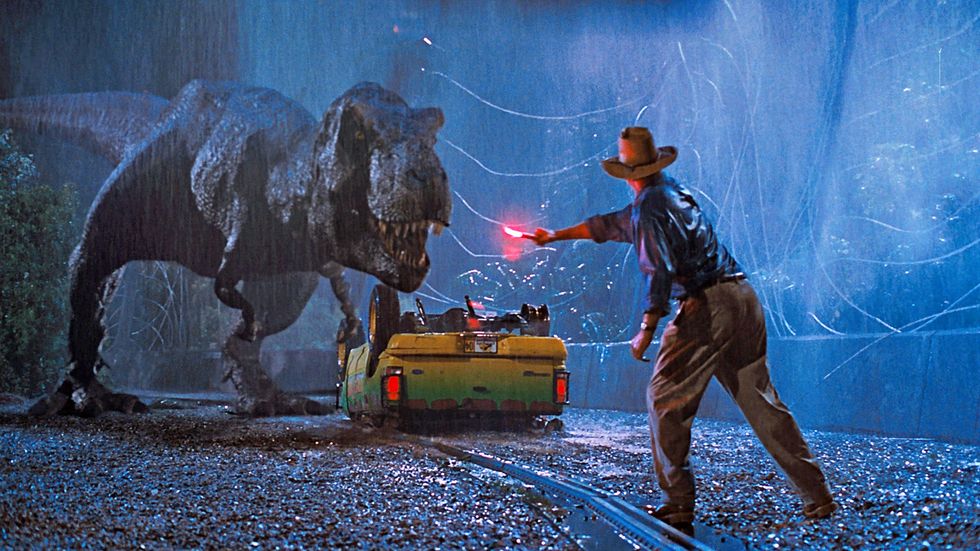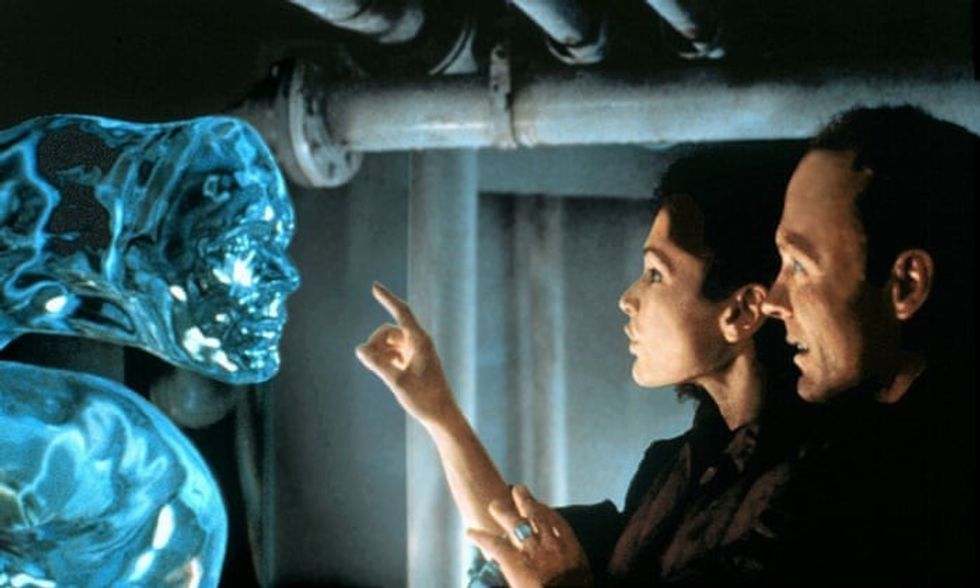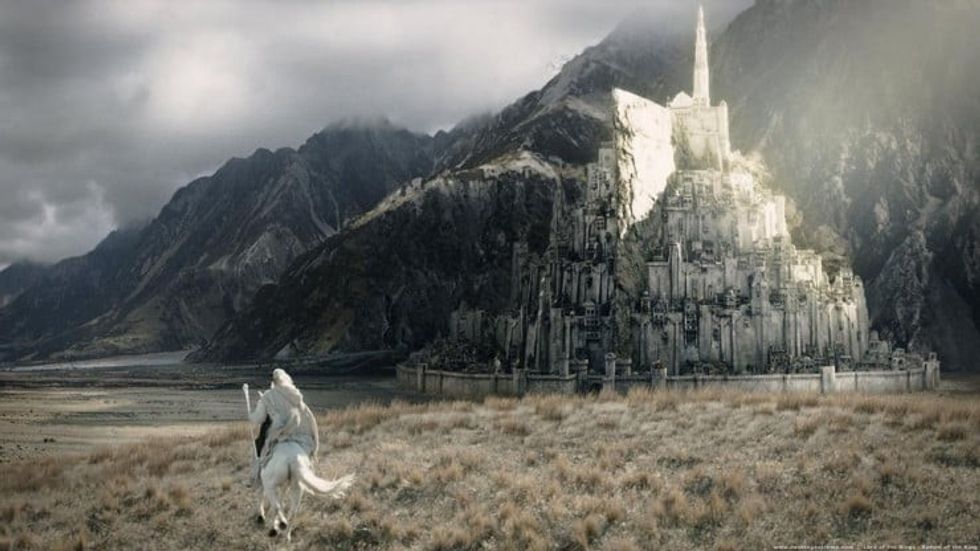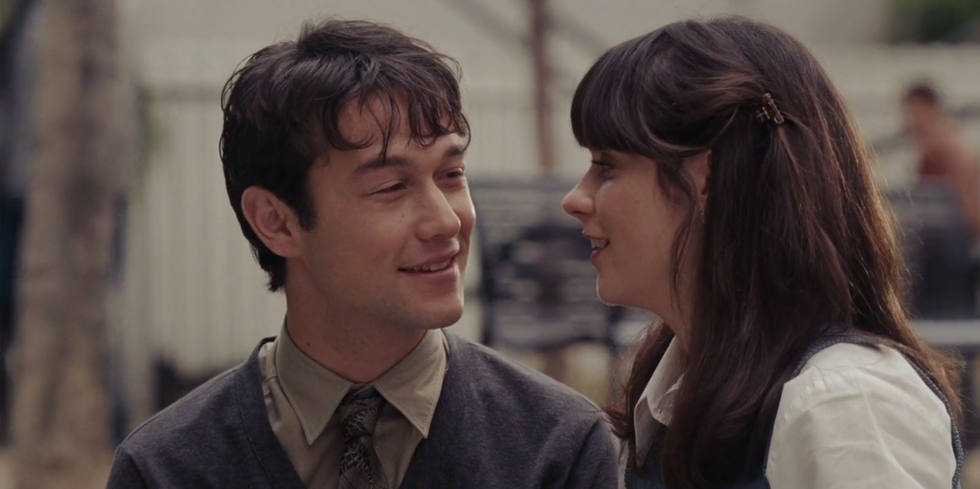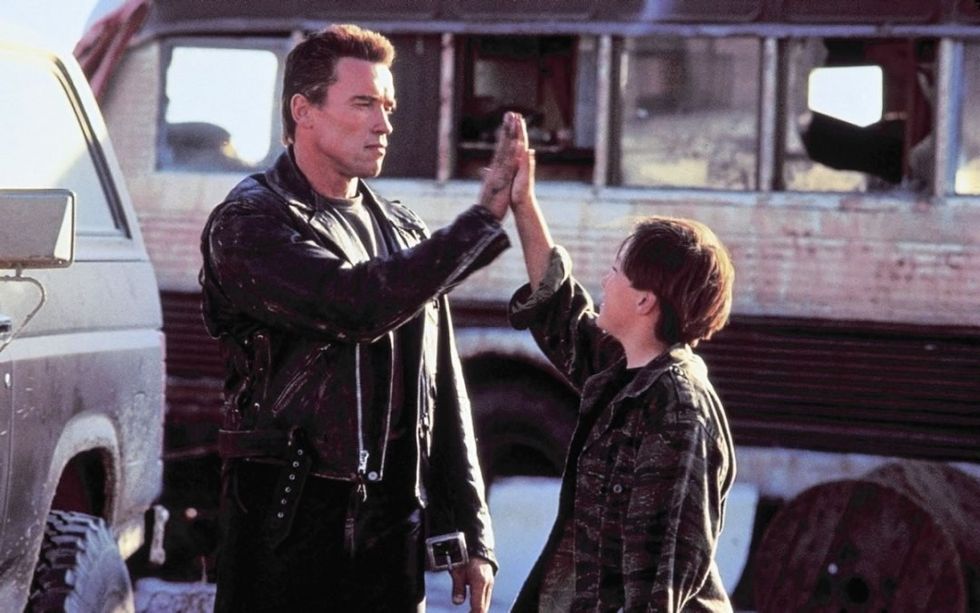Watch: How Do You Actually Edit an Animated Movie?
A new video essay shows that on an animated film, the editor's job is much more involved than you might think.
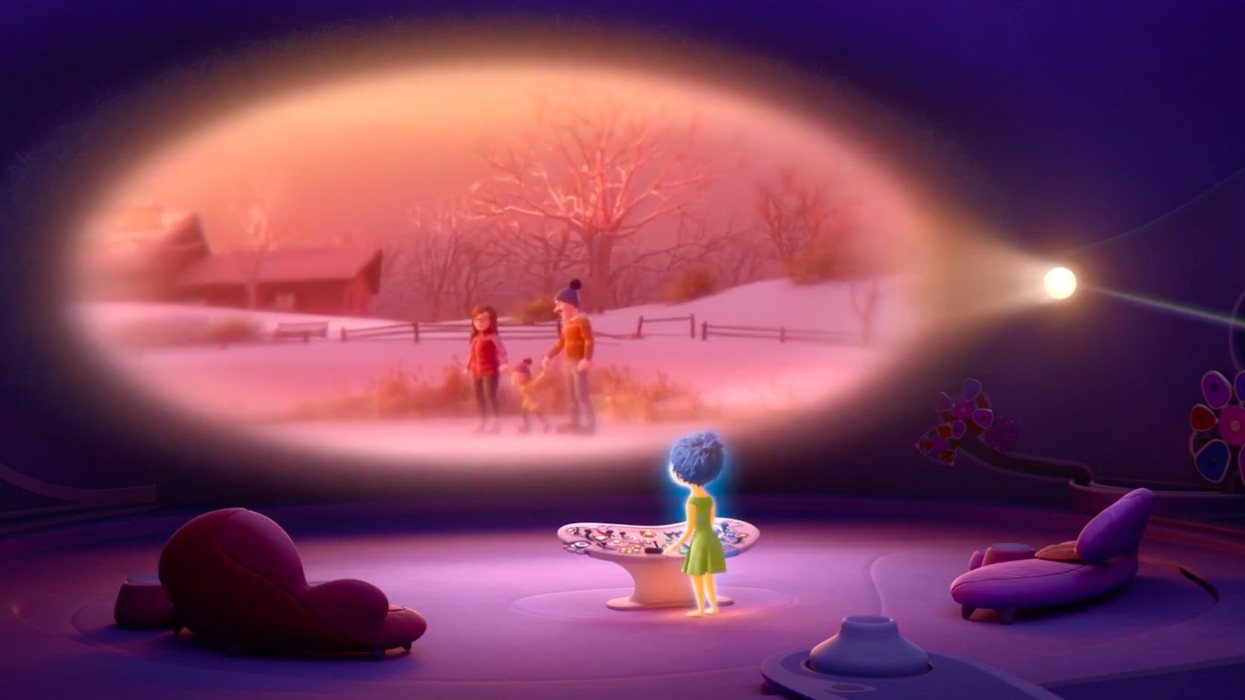
At first blush, it might seem like an animation editor's job is counterintuitive. After all, everything is planned to a tee in advance: storyboards inform the animators, who then animate clips that are edited in the order they are written. Why does an animated film even need an editor?
In fact, as a new video from the Royal Ocean Film Society details, when it comes to animation, we should throw out all of our preconceived notions about editing—the process involves far more than what we expect from an editor.
During an animated production, the editor is brought on years before anything is actually filmed—sometimes, even before the director. And the editor's job is among the most critical to an animated movie's life. As Ken Schretzmann, editor of Toy Story 3 and Cars, says: "On live action, you shoot first and edit later. In animation, you edit first and then shoot it later."
It's the editor's job to piece ever-evolving story ideas into animatics.
In animation, the editor has a hand in writing the film from day one. Development is an iterative, collaborative process that begins with a group contributing to "story goals," or rough ideas about the movie. Animators then turn those ideas into storyboards; when there are enough storyboards, a rough draft is assembled.
Pete Docter, Oscar-winning director of Inside Out, calls this a story reel. "The first attempt usually doesn’t quite work," he admits in the video. "It’s like showing a first cut, except we can say, 'Let’s go back and shoot the movie again.'"
It's the editor's job to piece these ever-evolving story ideas into animatics. As Andrew Weisblum, editor of Fantastic Mr. Fox, says, "The whole movie can be rewritten." And on Fantastic Mr. Fox, every single scene was rewritten entirely—at least twice over.
Unlike in live-action editing, which can be a reactive process, animation editors exercise much control over the film, from start to finish. But, as the video notes, there is a downside: after scenes are locked, they are very difficult to recut.
"Why don't we just get it right the first time?" says Docter. "The problem is, we know we're going to be wrong. And if we don't allow ourselves to be wrong, we're never going to do anything new. Making mistakes is an essential part of our process."
